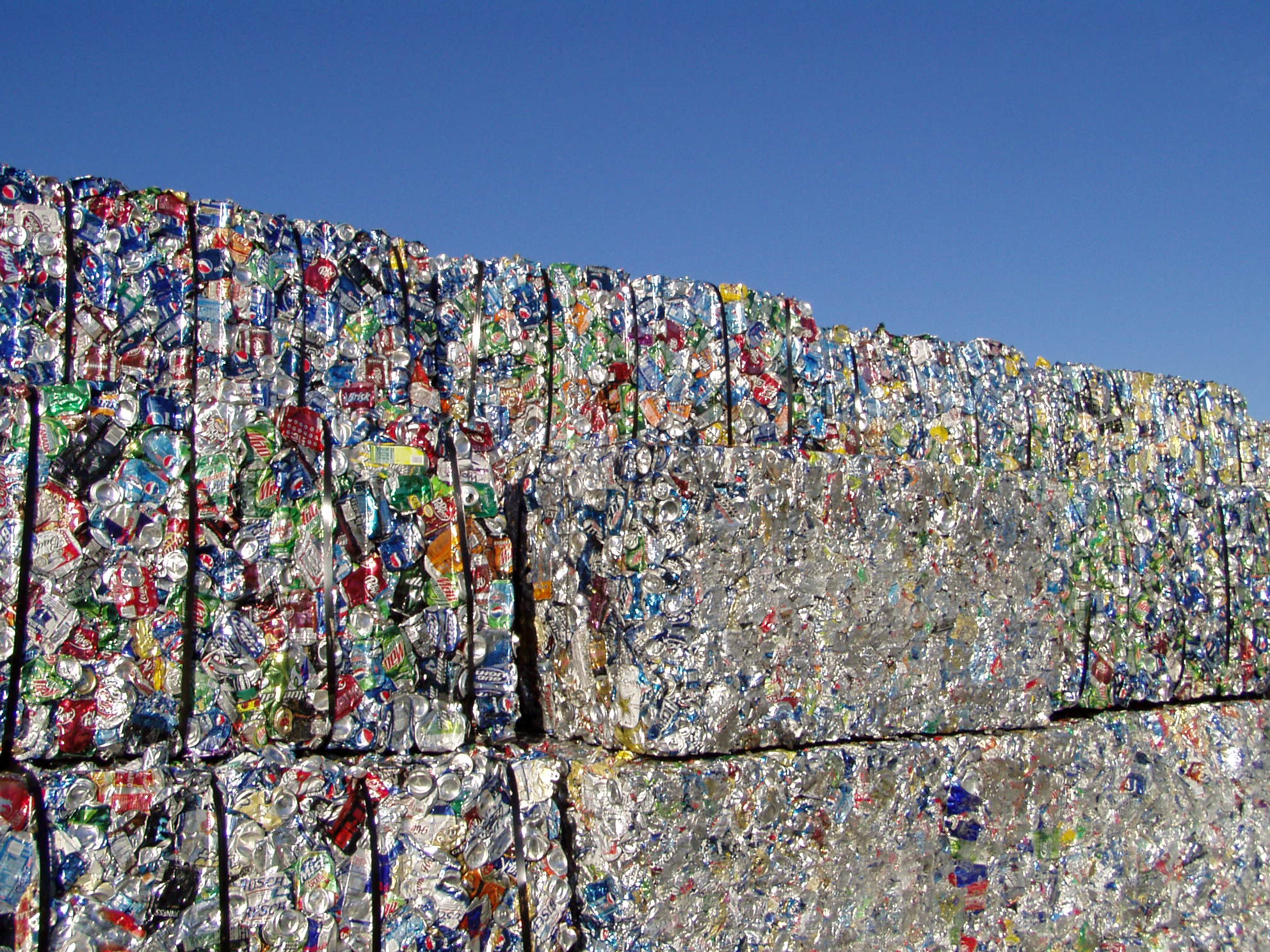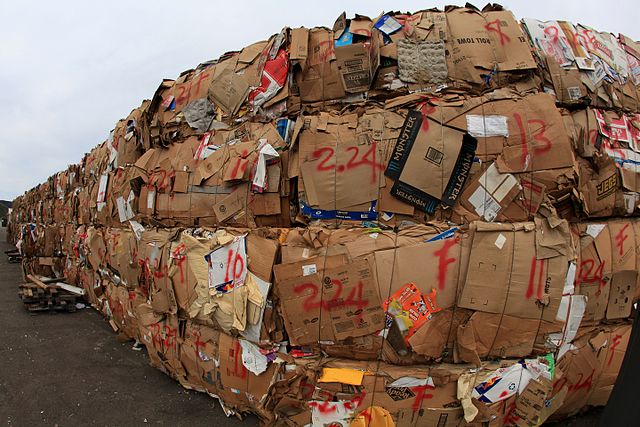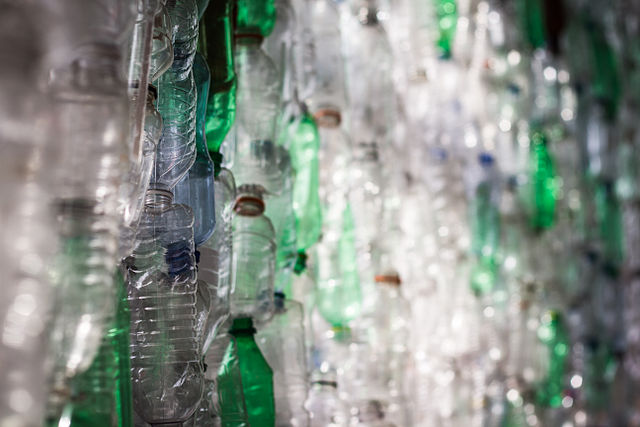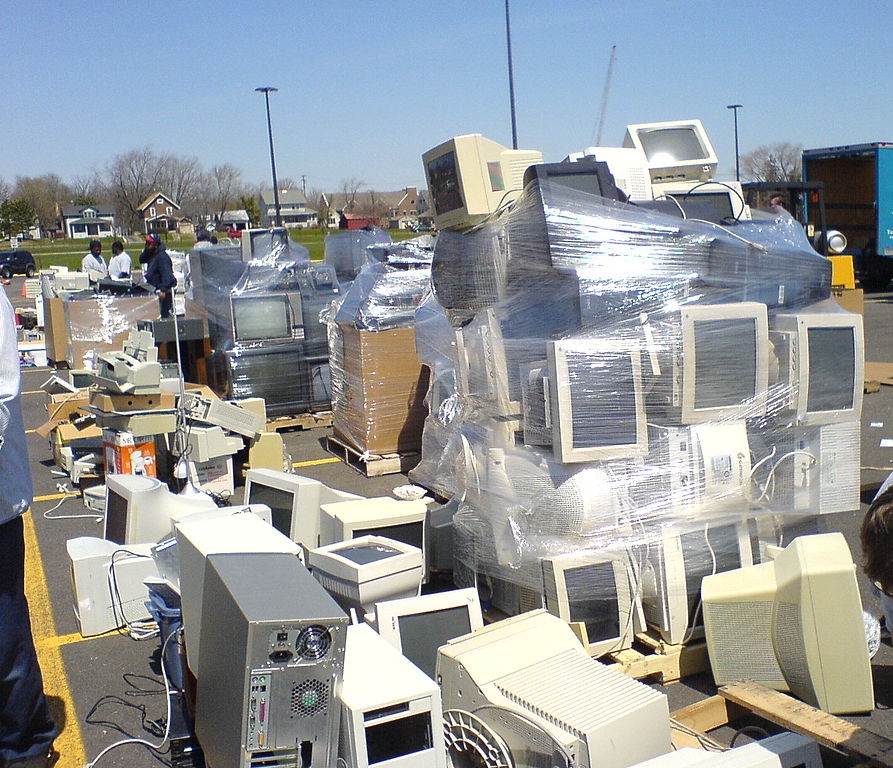photography by Vinoth Chandar
One of the first steps toward a zero waste life is understanding exactly what is recyclable, and what is trash.
Recycling is something most of us had drilled into us in school: REDUCE, REUSE, RECYCLE! However, few of us were actually taught the proper way to recycle or what the recycling process consists of. If you want to learn more about the recycling industry I will write a post about it in the future, in the meantime I'll refer you to the book Junkyard Planet by Adam Minter.
Note: These are relatively standard rules common in big city recycling programs, you will need to check your own home town's program to see what is accepted.
For example: I lived in a town that only recycled plastics #1-2, so I separated my plastics #3-7 and saved them for recycling in a different town. I'll go into alternative recycling options in a different blog post.
Basic Recycling Do's and Dont's
1. DO Make sure its clean - almost all recyclables need to be put into the bin clean. Rinse/wipe down anything that had food/drink on/in it.
2. DON'T take a guess and throw anything in the blue can - you can ruin a whole batch of recyclable goods with one incorrect item
3. DON'T recycle caps - most caps are not recyclable, check with your local program and check out Preserve’sTM "Save the Caps" program!
Metals
What goes in the recycle bin (3):
*You will need to check with your local curbside recycling program to see what/how these are accepted.
- Mixed Paper: Office Paper, Magazines, Newspaper, Junk Mail, Phone Books
- Cardboard - boxes generally need to be broken down
- Paperboard - boxes should be broken down
- Cartons - remove all food/liquid, straws, and caps
What does not go in the recycle bin (6):
- When paper products become soiled by grease, oils, cheese, or other foods it cannot be recycled (5). Try to avoid this when possible, but also DO NOT put any soiled materials in the recycle bin. You could spoil a whole batch of recyclable goods.
- Waxed paper and cardboard - such as microwave popcorn bags and paper cups
- Anything marked as biodegradable
Glass
What goes in the recycle bin (5):
- Clear, brown, and green glass - make sure all glass is cleaned
- Check to see if your curbside recycling program accepts glasses mixed or separated. If they require separation it is because they are made of slightly different materials
What does not go in the recycle bin (6,8)
- Window glass
- Heat resistant glasses like vases, drinking glass, and Pyrex®
- Any glass products that are associated with electrical devices (i.e. lightbulbs, computer/tv parts) will need to be specially handled
Plastics
What goes in the recycle bin (6,8):
- Plastics #1-7 are all recyclable - clean bottles, remove lids and neck rings
What does not go in the recycle bin (6,4):
- Plastic bags - bring your plastic bags back to the grocery store
- Plastic lids or caps - most caps are not recyclable, check with your local program and check out Preserve’sTM "Save the Caps" program
- No "Stryofoam"/ Polystyrene foam - check to see if there is a specific drop off location in your town
- Plastic shrink wrap/ cling wrap
- Plastic toothpaste type tubes
- Capsule coffee pods or individual coffee creamers
- No plastic marked as PLA, compostable, or made from plant based materials - put these in with your regular garbage, they are designed to break down in the landfill
Batteries
Batteries are not supposed to go in your normal trash collection because they can contain heavy metals such as mercury, lead, cadmium, and nickel (2). Therefore no batteries should be put in any curbside recycle bin. However, you can still recycle most batteries.
How to Recycle (2):
- Dry cell batteries/ household batteries - Look for battery specific recoiling bin in grocery and electronics stores, or if there is a specific drop off location for them.
- Lead-acid car catteries: These can be returned to almost any store that sells them or most likely your mechanic.
Light Bulbs
What goes in the recycle bin (1):
- Incandescent and LED bulbs - can often be recycled in curbside recycling programs, check with your
What does not go in the recycle bin (7):
- Compact Fluorescent Lightbulbs (CFLs) - these can contain mercury and so need to be taken to a proper disposal area. Check if your local hardware store accepts them, and if not look if you have a drop off area near you.
Electronics
Many electronics need to be specially taken apart/ stripped of their recyclable parts. Many electronics stores will take back certain types of electronics for recycling. See this list put together by the Sustainable Materials Management Electronic Challenge.
Items accepted by this program include:
- Cell phones
- TVs
- Personal Computers
References
1. Carpenter, Susan. "Can I Recycle ... Light Bulbs?" Los Angeles Times. Los Angeles Times, 5 May 2011. Web. 06 Jan. 2017. <http://latimesblogs.latimes.com/home_blog/2011/05/can-i-recycle-light-bulbs.html>.
2. "How Do I Recycle?: Common Recyclables." EPA. Environmental Protection Agency, 15 Nov. 2016. Web. 04 Jan. 2017. <https://www.epa.gov/recycle/how-do-i-recycle-common-recyclables>.
3. United States. City and County of Denver. Trash and Recycling. What Can Be Recycled. N.p., n.d. Web. 04 Jan. 2017. <https://www.denvergov.org/content/denvergov/en/trash-and-recycling/recycling/what-can-be-recycled.html>.
4. United States of America. City of Houston. Styrofoam Recycling FAQ's. N.p., n.d. Web. 06 Jan. 2017. <http://www.houstontx.gov/solidwaste/styrofoam_q.html>.
5. United States of America. City of San Diego. Curbside Recycling Tips (FAQs). N.p.: n.p., n.d. SanDiego.gov. Web. 3 Jan. 2017. <https://www.sandiego.gov/sites/default/files/legacy/environmental-services/pdf/recycling/recyclingfaqs.pdf>.
6. United States of America. Environmental Protection Agency. EPA. Environmental Protection Agency, 15 Nov. 2016. Web. 04 Jan. 2017. <https://www.epa.gov/recycle/how-do-i-recycle-common-recyclables>.
7. United States of America. Environmental Protection Agency. EPA. Environmental Protection Agency, 19 Dec. 2016. Web. 06 Jan. 2017. <https://www.epa.gov/cfl/recycling-and-disposal-cfls>.
8. United States of America. Town of Nantucket. What to Recycle or Not. N.p., n.d. Web. 04 Jan. 2017. <http://www.nantucket-ma.gov/246/What-to-Recycle-or-Not>.
